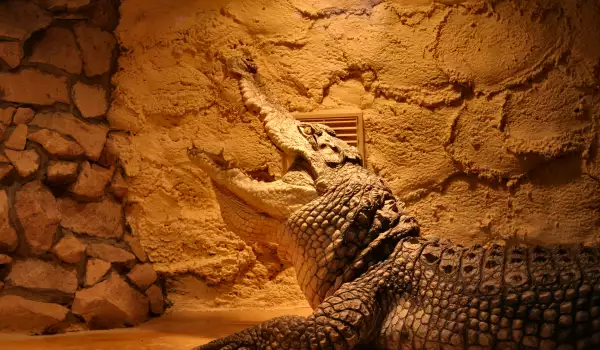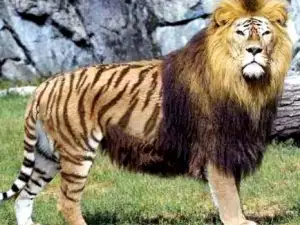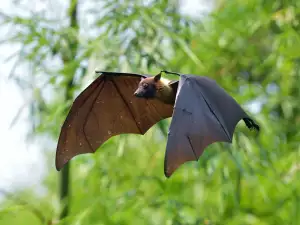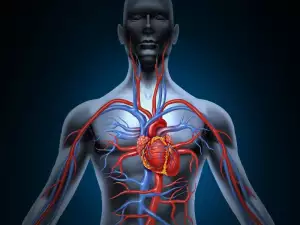Crocodiles swallow stones to stay buoyant
A crocodile's stomach is a rough place for a number of reasons. Firstly, a crocodile's digestive system is up against everything from turtles, fish and birds to giraffes, bison and even (when defending their territory) other crocodiles.
In addition to this the rich choice of foods there are also stones. The reptiles swallow large stones that remain in their stomach forever. Some believe these act as a stabilizing weight when diving.
Whale milk is not suitable for low fat diets
Taking care of a newborn is a serious challenge for whales, whose babies are born after spending 10-12 months, with their length being about 1/3 of that of their mother's.
The mother sprays milk into the mouth of the newborn, using muscles found near the mammary glands, while the baby squeezes the nipple tightly.
Containing about 50% fat, whale milk is 10 times fattier than human milk, helping the little ones grow at a rapid rate - gaining up to 200 pounds a day.
Birds use the Earth's magnetic field on long journeys
Can you imagine traveling without missing your freeway exit, stubborn drivers or problems with map navigation? Of course not, you're not a bird.
Pigeons can fly thousands of miles and find the exact spot they've been looking for without having any problems with orientation. Some species of birds, such as the Arctic tern, complete journeys of 25 000 miles around the globe annually.
Some species have built-in ferromagnets which help them orient themselves by using the magnetic field of the planet.
Little chicks and brotherhood
It would be a mistake to think that the evolutionary process occurs only in egotistical animals that care only for their own survival. Altruism pays off in cases where it would help in preserving that kind of genetic material.
This is the case with chicks, who give off a specific type of chirping sound when feeding. This way they notify other chicks nearby, who are likely to be their relatives, that they've found food.
The key to natural selection is not the survival of the most adaptive animal but the survival of the most adaptive genetic material, therefore brotherly behavior that tolerates close relatives will prosper.
Many fish change their sex organs
With such fascinating land dwellers it's easy to forget that some of the most unusual things happen deep in the ocean. Hermaphroditism is most commonly seen among the various fish species than in any other group of vertebrates.
Some fish change their sex depending on their hormonal cycle or as a result of changes in their environment. Others possess both male and female sex organs simultaneously.
Giraffes compensate for their height with a unique blood supply system
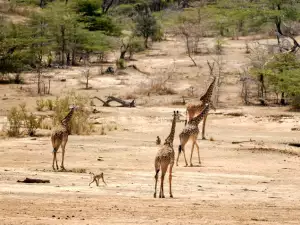
The giraffe, whose head is situated at a significant height, uses its long neck to successfully compete for foliage up in the trees that other herbivores can't reach. While the advantage of easily reaching food is obvious, there are certain problems that occur at that height.
The heart needs to pump blood twice as hard in comparison to that of a cow so that it can reach the brain, while a complex system of blood vessels prevents excessive blood flow toward the head when the giraffe lowers its head.
In addition, the skin on their feet, located way below the heart, needs to be particularly tough to prevent excess blood flow toward the hooves.
